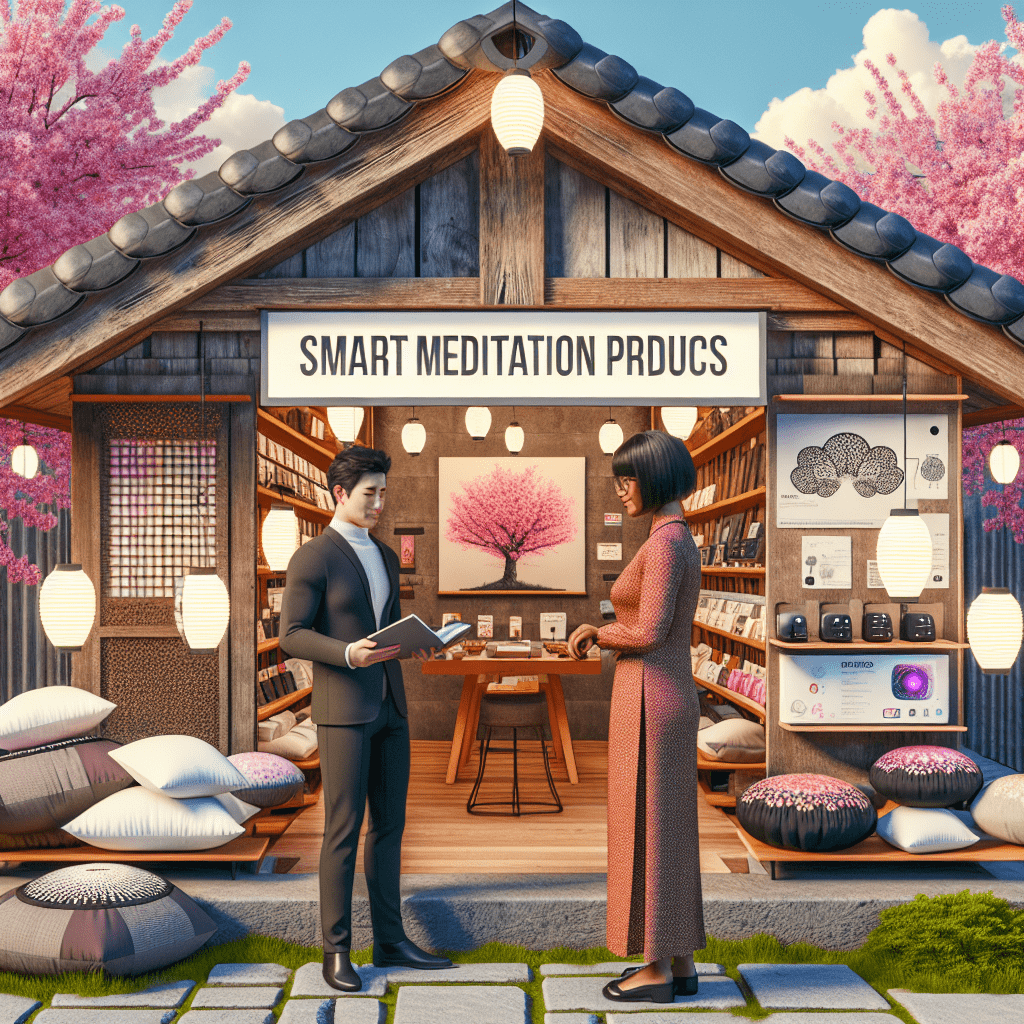
Prioritize your mental well-being daily. Enhance your life by nurturing your mental health with the Smart Meditation app. Break free from stress, alleviate anxiety, and enhance your sleep quality starting today.
Does A Glass Of Wine Help With Anxiety?
Unwinding with a Glass: Exploring the Anecdotal Elixir
In a world that’s always on the go, finding solace in simple pleasures has become a coveted escape for many. Enter the age-old remedy: a glass of wine. Ah, yes! The ruby liquid or its pale golden counterpart has been a long-standing companion in times of stress. But before we raise our glasses too high, let’s dive into whether this liquid tranquility truly holds the key to melting away anxiety.
The Science Behind the Sip
First things first, it’s crucial to peel back the layers of this notion and glimpse at what science has to say. It’s broadly known that alcohol, in moderate amounts, functions as a central nervous system depressant. This means it can initially induce a calming effect, making you feel more relaxed and perhaps less anxious. This is due to the influence alcohol has on increasing the levels of neurotransmitters like GABA (gamma-aminobutyric acid) in the brain, which plays a key role in sedation.
However, it’s a thin line between relaxation and dependency, and crossing it could lead you down a slippery slope. While a glass might seem like a quick fix, relying on alcohol as a crutch for anxiety management is akin to putting a Band-Aid on a leaky pipe—it masks the issue temporarily but doesn’t address the underlying problem.
A Sip Too Far: The Downsides
It’s not all clinking glasses and cheers, though. Before you start incorporating a daily wine ritual for stress relief, consider the flip side. Alcohol, even in moderate amounts, can mess with your sleep cycle. Sure, it might help you doze off quicker, but it often leads to a disrupted sleep pattern and a decrease in sleep quality. So, you might wake up feeling more frazzled than when you corked the bottle.
Moreover, the brain’s fascinating but complex chemistry means that the initial calming effect of alcohol can eventually lead to increased feelings of anxiety as the body processes and eliminates the alcohol. It’s a classic case of what goes up must come down, and in this case, the come down can leave you feeling more anxious than you were to begin with.
What’s the Verdict?
So, does a glass of wine help with anxiety? In the short run, it might give you that instant gratification of calmness. But, when it comes to the long haul, it’s a shaky foundation to build your stress management practices on. Instead, consider alternatives that have longer-lasting benefits without the potential for negative side effects. This could include exercise, mindfulness practices, or engaging in a hobby that lights up your soul.
Of course, moderation is key. If you enjoy wine, there’s no need to shun it entirely. The trick lies in not tipping the scales too far and understanding that a glass might offer temporary relief, but it’s not the panacea for anxiety.
Pouring Thoughts
Ultimately, navigating through stress and anxiety is about finding what genuinely works for you. If a glass of wine in good company or a quiet evening helps you unwind, cheers to that—just remember that it’s one piece of the relaxation puzzle. Balancing it with healthier, more sustainable practices can ensure you’re equipped with a robust toolkit to manage the ebb and flow of life’s stresses. So, before you reach for the bottle, ask yourself if you’re seeking a moment of peace or a long-term solution. Your answer might just redefine the role of that bottle on your shelf.





